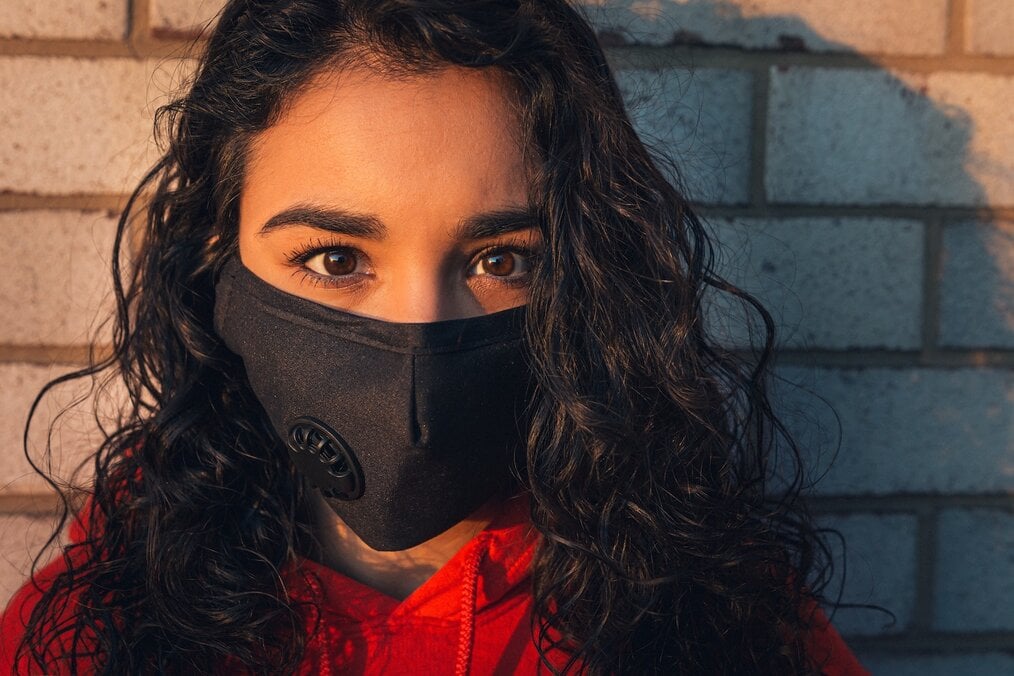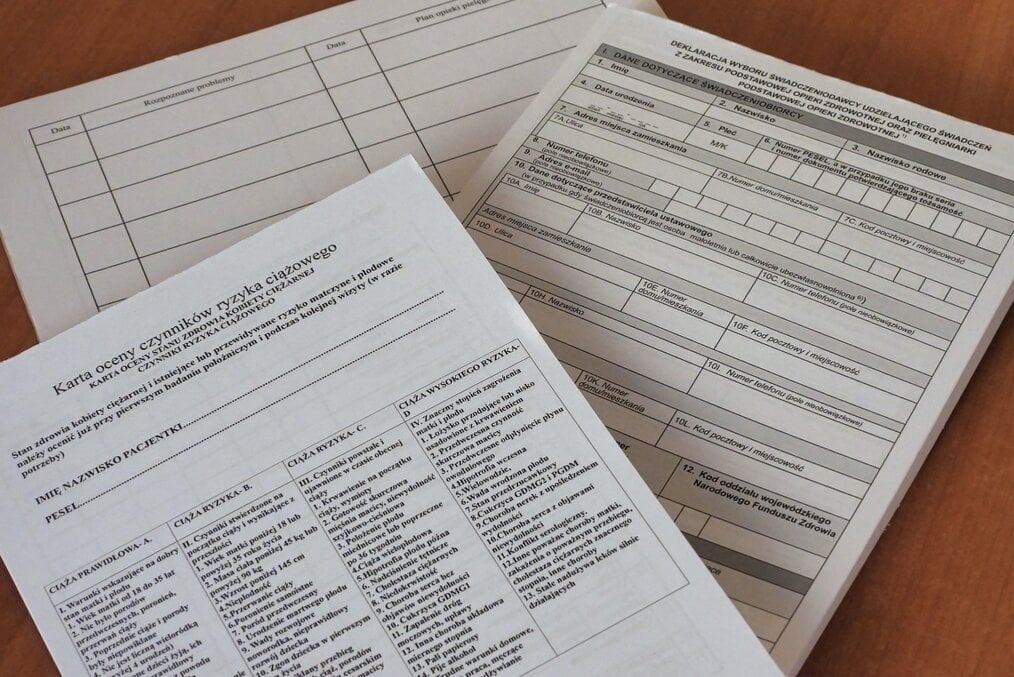What to Do If You Get (Really) Sick While Studying Abroad

My entire being was simply hurting. I was on the bus to Dublin Airport on my way back to the States after my semester studying abroad in Galway, Ireland, in the fall of 2011, and I was having trouble breathing and processing and understanding what was happening in my body in those moments. My chest felt so compressed -- and why was that shooting pain rocketing down my entire arm for the second time that week? What was happening?
Before I knew it, the bus driver was calling the ambulance, my luggage was loaded onto it, and I found myself in the waiting room of a Dublin hospital, stressed, exhausted, with barely any credit left on my Irish phone to call someone. I definitely didn’t have enough money to top up my phone credit. I was soul-sick, body-sick, alone, and quite literally, had everything I owned with me in that hospital waiting room. I sat hoping, praying, waiting for the doctor’s call.
In this article, I’ll be sharing my own experience to help you know how to handle things if you yourself fall sick -- and I mean really sick, as in a hospital-stay or missing-flight type of sick -- while studying abroad. Especially right now, it's important to know what to do if you do get sick while studying abroad -- you don't have time to plan ahead after it's already happening.
How do you handle those moments? In this article, I’ll use the lens of my personal experience to share which tips helped me through that very situation, and how I could have better prepared for this type of emergency in advance. Ultimately, I hope these tips help you or someone you know navigate things more smoothly if you too find yourself sick while studying abroad.
1. Be Prepared
One of the factors that contributed most to my stress during my time in the waiting room was not knowing how long I was going to be able to communicate with the outside world—i.e. with my loved ones back in the States—due to my lack of available financial resources to top up my phone credit.
I was down to my last few Euros by the time I’d arrived in the hospital; I had spent the little money I’d budgeted before coming over to Ireland during the time I was in Galway. If I had planned ahead a little and left some of my budget for that last day, I might have been better prepared in the event something went wrong (which it did!). If you’re able to, another key step you can take to help with this issue is to have a credit card to use for emergencies.
Besides specifically setting aside a portion of your abroad budget for your return trip, one thing you can do to prepare for emergencies is to arm yourself with the necessary emergency information for your destination country ahead of time, before you leave home. Know your study abroad country’s version of “911” beforehand, and make sure your parents/loved ones back home have that information easily accessible as well.
Finally, and perhaps most importantly, you want to make sure you have your travel insurance sorted out before you even step foot onto a plane to go abroad. Have your insurance policy card on you at all times, have backup copies, give your family copies, and, if possible, you can even give trusted friends you make in your abroad program copies as well in case you need someone in close physical proximity to access your insurance information for you in the event you’re not able to yourself.
2. Know Your Medical History

If you do happen to be in a country where you don’t speak the primary language, consider also carrying on your person a “cheat sheet” of pre-translated important medical phrases pertaining to your particular health history. This will not only make filling out health forms easier, but will also serve as a mental bulwark of preparation, control, and familiarity in the insanity of your emergency.
You can also create an “identity card” for yourself in your destination’s primary language, which you can then carry on your person (think of it like a study abroad “driver’s license”) at all times. This card/document can contain your most vital medical information, such as your name, emergency contact information, any allergies, etc.
Have a conversation with your parents/guardians about any important factors you need to be aware of within your family’s medical history. It’s important to be aware of those matters, not only for safety’s sake when you have an unfamiliar medical professional examining you, but also to equip you with vital biological information about yourself so you can make the best decisions possible for your health in those imminent moments of stress and biological emergency.
3. Tap Your Network
If feasible, coordinate both your arrival and return flight plans with a friend who’s also studying with you in your same program. At the least, you’ll have each other as backup support during some of the most crucial transitionary moments of your trips.
I did make friends in my program I know I could have trusted, but as I mentioned above, all of my friends had left for their respective home countries by the time I was on my way to Dublin for my return flight.
Also don’t be afraid to tap into your networks, your parents’ networks, even your friends’ and extended families’ networks, for a local contact to connect with when you land in your destination country. Even if it’s a friend’s cousin’s twice-removed long-lost brother, you never know when you might need someone local and familiar with your destination country’s health system to assist you in your crisis.
4. Don’t Panic!

This might seem like a no-brainer, but I can’t understate the importance of remembering to breathe when you’re in the middle of a crisis. Breathing calms your cortisol levels and allows you to take stock of the facts of your situation; you then can evaluate your experiential data and think more clearly and rationally overall about the next right step you’re going to take.
Sometimes, that next right step is going to be just getting from one moment to the next. That’s okay. Sometimes, it’s going to involve a gigantic leap, like making the decision to go to the hospital, or asking for a translator in a medical setting so you can communicate properly with medical professionals about your symptoms and situation. That’s okay, too.
No matter the seeming monumentality of the breadth of your next step, remember this: you’re not going to get anywhere faster by worrying. Keep breathing, and keep going.
5. Stay Positive
In those moments in the waiting room, when I didn’t yet know what was going to happen next, or where I was going to sleep, there was one natural trait of mine that I was able to draw upon in spades: my uncanny ability to be galvanized and energized by impossible circumstances, as well as my naturally, relentlessly optimistic spirit. As trite as it might sound, smiling and just embracing the experience were some of the factors that helped me get through the emergency the most, and, when I look back on that time in my life, it’s actually one of the experiences I’m most proud of navigating during my time abroad.
I learned that day that I was much stronger than I thought I was, and I’ve since continued to tap into that same wellspring of internal courage at other expected, and unexpected, moments in my life, and I’ve made it through, too, both then and now. If you find yourself in a similar type of precarious situation while you’re abroad, know that you’ve got a wellspring inside you, too, even if you don’t realize it yet. Don’t be afraid to tap into it when things go awry, because I bet you’ll find your wellspring has a stronger undulation of presence inside you than you ever thought possible.
